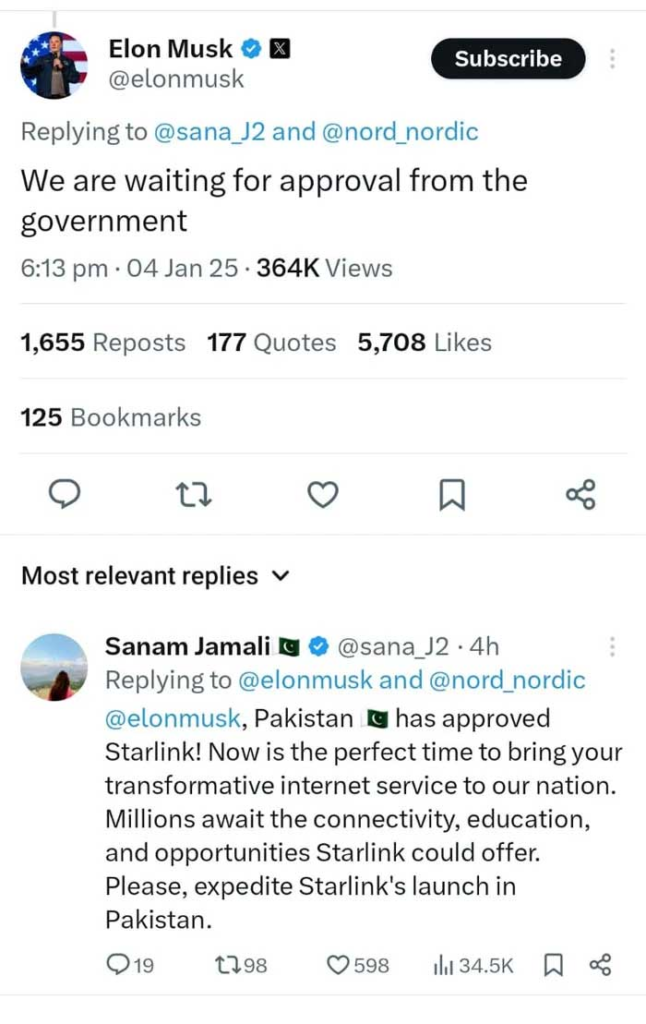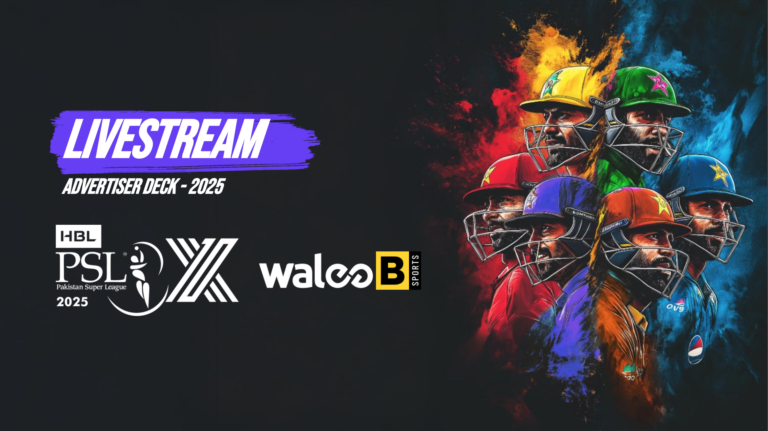In a country where watching a YouTube video can feel like waiting for a letter by mail, Pakistan’s flirtation with Elon Musk’s Starlink promises to be either a game-changing romance or an expensive disappointment. As government officials paint rosy pictures of “low-priced” internet and imminent technological transformation, the reality on the ground tells a more nuanced story.
Is Starlink the Answer to Pakistan’s Internet Woes?
Minister of State for IT, Shaza Fatima, is leading the charge to bring Starlink’s satellite internet to Pakistan, orchestrating meetings with an alphabet soup of agencies – SUPARCO, PTA, and the Space Activities Regulatory Board. While the bureaucratic wheels turn slowly, Pakistan currently languishes at a disappointing 100th place out of 111 countries in mobile internet speeds. So much for that “low-priced” internet boast.
Yet, there’s genuine reason for optimism. The government’s commitment to developing a comprehensive regulatory framework for Low Earth Orbit (LEO) satellite technology signals a rare forward-thinking approach. The registration of Starlink with Pakistan’s Securities and Exchange Commission marks a concrete first step, not just another PowerPoint promise.

However, let’s not forget Pakistan’s complicated relationship with internet freedom. While officials discuss technological advancement, social media platforms like X (formerly Twitter) face periodic restrictions, and mysterious “submarine cable faults” continue to plague internet speeds. The government’s track record raises valid questions about whether Starlink’s potential will be fully unleashed or tangled in red tape and restrictions.
The decision to hire international consultants for the licensing process suggests officials recognize they can’t go it alone. This humility might be the project’s saving grace, potentially preventing the regulatory framework from becoming another well-intentioned but impractical policy document gathering dust in Islamabad.
For a nation ranked 141st out of 158 countries in broadband speeds, Starlink represents more than just another internet service provider it’s a potential leap into the digital fast lane. But as Pakistan balances between technological ambition and regulatory caution, the key question remains: Will this be the moment Pakistan finally embraces the internet’s full potential, or will old habits die hard?
The coming months will reveal whether Pakistan can transform from a digital tortoise into a technological hare. With Elon Musk waiting in the wings and a nation of internet users hoping for better connectivity, the stakes couldn’t be higher. One thing’s certain – Pakistan’s internet landscape is about to change. Whether that change will be revolutionary or just another footnote in the country’s digital journey remains to be seen.







